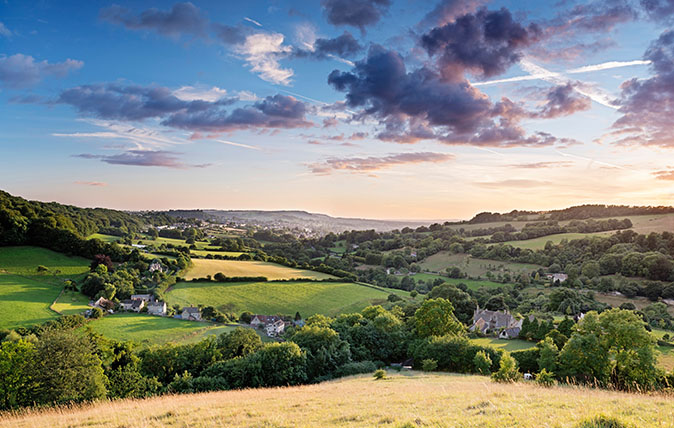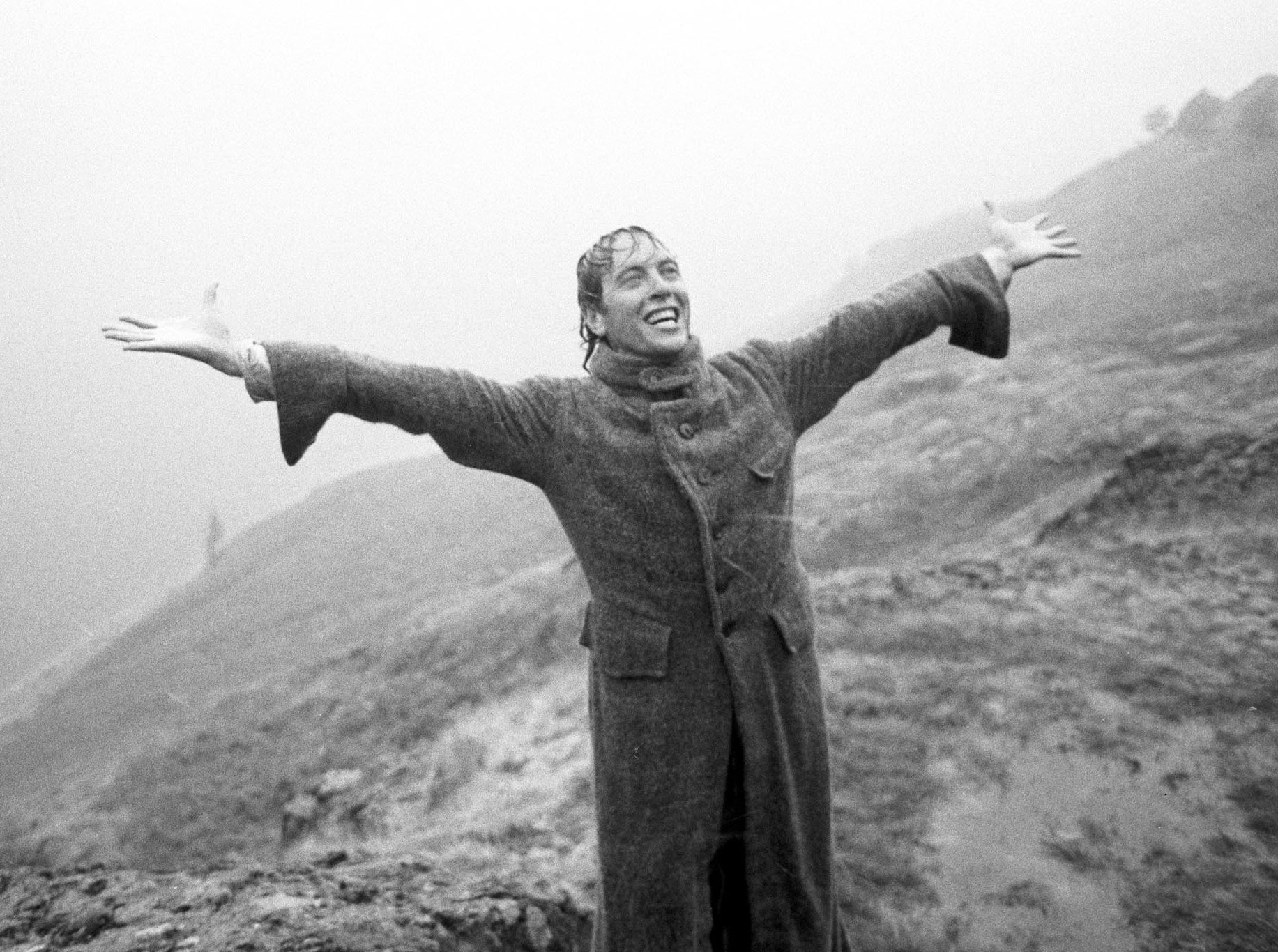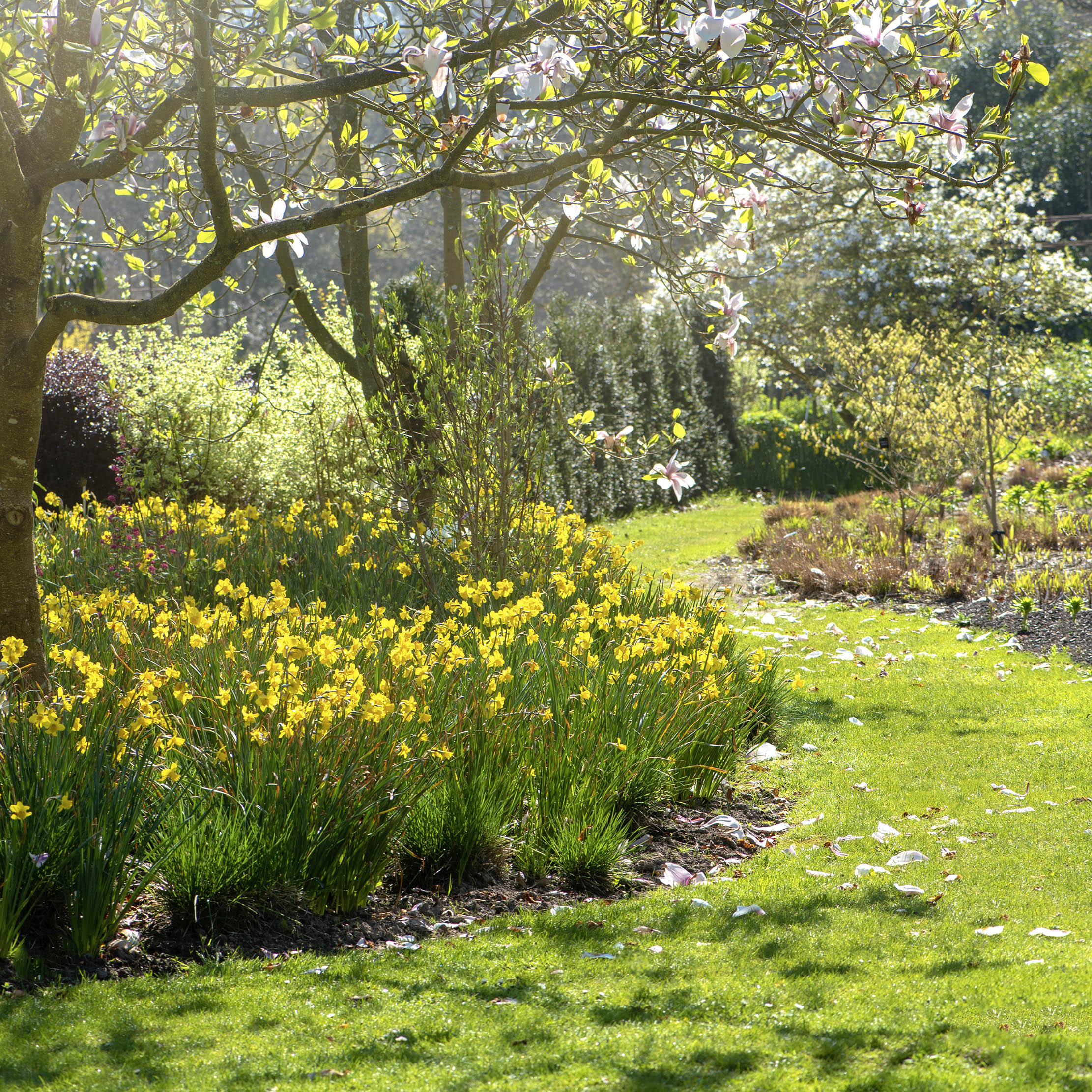Jonathan Self: The greatest novel of the 20th century? Maybe, but 'Ulysses' still sent me to sleep within three pages
Jonathan Self looks back on some of the great books published exactly a century ago.


Had you been hovering outside 12 rue de l’Odéon in Paris, home of the famous Shakespeare and Company bookshop, 100 years ago, you would have been able to watch Sylvia Beach, its proprietor, take delivery of her first venture into publishing: 1,020 newly printed copies of James Joyce’s novel, Ulysses.
The book borrows its structure, of course, from Homer’s Odyssey, uses interior monologue, pays little heed to narrative or plot and is widely considered one of (if not the) greatest novels of the 20th century. Apparently, after Joyce finished it, he was so exhausted that he barely put pen to paper, not even to write a shopping list, for a year. I can well believe it. The first time I began to read it — not, I add, voluntarily, it was a set book at school — I took a jolly long nap about three pages in.
Actually, I am in full agreement with Virginia Woolf, who described it as ‘an illiterate, underbred book’ that ‘bored and irritated’. Still, under the influence of all the writers, poets and arty types currently celebrating its centenary on Radio 4 and elsewhere, I thought I would give it another try and opened my copy at random to read: ‘ineluctable modality of the visible’ — obvs (as my teenage daughter is always saying) — and I shut it again immediately. To quote Molly Bloom, the protagonist’s wife: ‘O Jamesy let me up out of this pooh.’
When searching for Ulysses in the room we call the library — a word implying a degree of order and an exclusivity of purpose that we have never achieved (too many books, too few shelves and the main table is home to a massive papier-mâché diorama of Operation Chastise, complete with dams, aeroplanes and bombs, which Oliver won’t hear of being moved) — it occurred to me that it would be interesting to look for other books published in 1922.
I may have hit on a new parlour game for the literary-minded. Each player has to search their collection for books published in a particular year. The winner is the player who owns the greatest number, with special prizes for the weirdest title, most embarrassing topic and so forth.
A side benefit of the game is that it would encourage players to arrange their books not by author or subject, but by date of publication. I had not realised, for example, that, shortly after Joyce sprung Ulysses on the reading public, one of his best pals, T. S. Eliot, put out The Waste Land — strangely enough, another of my set books at school. The author himself described the poem as a ‘vision of despair’ and, between you and me, it isn’t anywhere near as amusing as Macavity: The Mystery Cat, which probably explains why Andrew Lloyd Webber didn’t turn it into a musical.
But I digress — 1922 was a golden year for publishing. If you were of an intellectual bent, your bookseller could have provided you with Proust’s Remembrance of Things Past, Woolf’s Jacob’s Room, Lawrence’s England, My England and Wittgenstein’s Tractatus Logico-Philosophicus, none of which, I am relieved to say, I possess.
Exquisite houses, the beauty of Nature, and how to get the most from your life, straight to your inbox.
What I do own from 1922, however, is A. A. Milne’s only detective story, The Red House Mystery, Baroness Orczy’s The Triumph of the Scarlet Pimpernel, Hugh Lofting’s The Voyages of Doctor Dolittle, Margery Williams’s The Velveteen Rabbit, F. Scott Fitzgerald’s The Beautiful and Damned and — joy of joy — Richmal Crompton’s ‘Just William’ books, which, I am willing to bet, were never to be found inside 12 rue de l’Odéon.

Credit: Alamy
Carla Carlisle: 'We took it for granted that we could travel the world and live wherever we wanted... Now the dice is loaded against our children and against the planet. What were we thinking?'
Carla Carlisle on being a pessimist, making lists, and seeing snow for the first time.

Cider with Rosie uncovered: A look into the idyllic scenes of Laurie Lee’s classic novel
Derek Turner takes a look at 'Down in the Valley', a slender, but well-conceived volume that revisits the scenes of

Curious Question: Why does the air smell so good after it's been raining?
That wonderful scent in the air when the rain stops falling has entranced people since the dawn of time —

Credit: Getty Images
The curious reason why we just don't give daffodils enough credit for being the amazing flower that they are
Charles Quest-Ritson's on the joys of this stupendously hardy little flower, how one particular variety came to bear his name
After trying various jobs (farmer, hospital orderly, shop assistant, door-to-door salesman, art director, childminder and others beside) Jonathan Self became a writer. His work has appeared in a wide selection of publications including Country Life, Vanity Fair, You Magazine, The Guardian, The Daily Mail and The Daily Telegraph.
